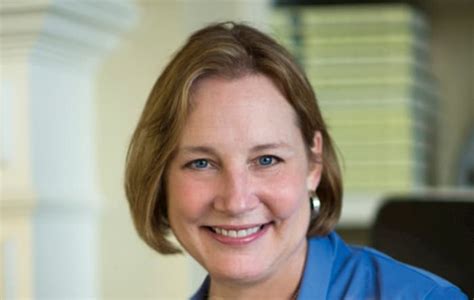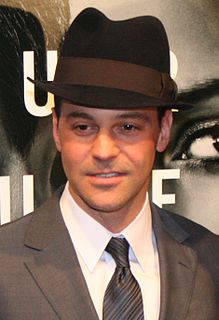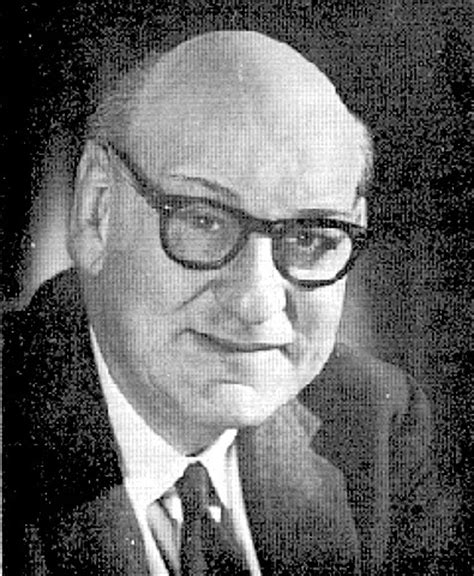A Quote by K. A. Applegate
I think most writers will say that at the start of each book they think, 'I'm not sure I can do this.' But eventually, you reach a magical point where the story suddenly becomes real to you, and you become totally invested in it.
Related Quotes
Too many writers think that all you need to do is write well-but that's only part of what a good book is. Above all, a good book tells a good story. Focus on the story first. Ask yourself, 'Will other people find this story so interesting that they will tell others about it?' Remember: A bestselling book usually follows a simple rule, 'It's a wonderful story, wonderfully told'; not, 'It's a wonderfully told story.'
Humans will eventually become extinct. People treat that as a radical thing to say. But the fossil record shows us that everything eventually becomes extinct. It depends what "eventually" means. But the idea that were going to be around for the rest of global history...I don't think there's any scientist who would suggest that is true. It could be millions of years from now. We may leave descendants that are humanlike.
So often with beginning writers, the story that they want to start with is the most important story of their life - my molestation, my this, my horrible drug addiction - they want to tell that most important story, and they don't have the skills to tell it yet, so it ends up becoming a comedy. A powerful story told poorly becomes funny, it just makes people laugh behind their hands.
I write a lot and I will have some originals on the record. I think it is a mistake for an artist like me to think I am a better writer than Cole Porter. I think it is important to realize what my strengths are. I do like to write and I'm not shabby but I don't think I'm the most brilliant writer. I think it would be a shame and sort so egotistical to say I don't need these wonderful writers. These men created works of art and wrote hundreds of beautiful songs. It would be a mistake for me to say at this point in my career that I am so good.
It's fun when the writers start writing jokes to you, but also it's fun when the writers will come to you and say 'Hey, listen, we're working on this story and we need to know if you speak any foreign languages.' And I said 'No, I don't. I speak a little Spanish, but I can learn a foreign language.' And they go 'Okay, do you think you can learn Portuguese?' And I go 'Yeah, whatever it takes. If it's funny, I'll do it.' So of course I start looking online and learning Portuguese, and as it turns out, I get the script and it's now Serbian.
I taught everyone a very bad lesson at my publisher because they actually gave me deadlines this time and I'm now meeting them. I used to say, "Here's my book; it's six years late." I'm so much faster now, and work differently. With all the years of writing, I think I still draft as obsessively, but I think back to writing. On your first story, you start at draft one. On your second story, you start at draft ten. On your third story, you start at draft one hundred. If you need a hundred and eight drafts, you may write eight instead of a hundred and eight.
The power of reading a great book is that you start thinking like the author. For those magical moments while you are immersed in the forests of Arden, you are William Shakespeare; while you are shipwrecked on Treasure Island, you are Robert Louis Stevenson; while you are communing with nature at Walden, you are Henry David Thoreau. You start to think like they think, feel like they feel, and use imagination as they would. Their references become your own, and you carry these with you long after you've turned the last page.
That famous writer’s block is a myth as far as I’m concerned. I think bad writers must have a great difficulty writing. They don’t want to do it. They have become writers out of reasons of ambition. It must be a great strain to them to make marks on a page when they really have nothing much to say, and don’t enjoy doing it. I’m not so sure what I have to say but I certainly enjoy making sentences.
I might spend 100 pages trying to get to know the world I'm writing about: its contours, who are my main characters, what are their relationships to each other, and just trying to get a sense of what and who this book is about. Usually around that point of 100 pages, I start to feel like I'm lost, I have too much material, it's time to start making some choices. It's typically at that point that I sit down and try to make a formal outline and winnow out what's not working and what I'm most interested in, where the story seems to be going.





































